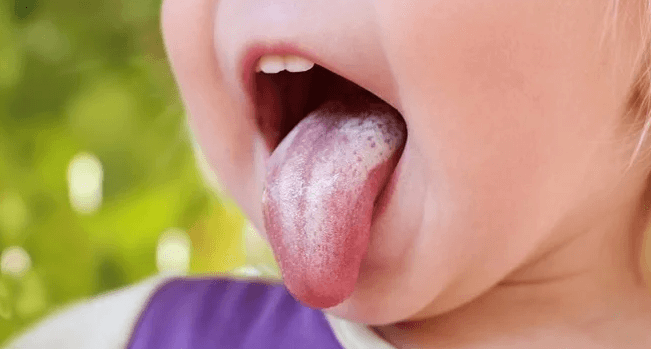Baby:5dizrd-Icdi= Thrush

Baby:5dizrd-Icdi= Thrush in infants, characterized by an overgrowth of Candida fungus, is a condition that warrants careful attention due to its potential impact on a baby’s wellbeing. Symptoms such as white patches in the mouth and associated discomfort during feeding can be distressing for both the infant and the caregiver. Understanding the causes and effective treatment options is essential for alleviating this common ailment. As we explore the nuances of thrush, it becomes evident that proactive measures in oral hygiene and timely intervention can significantly influence outcomes, prompting further examination of how these factors interact.
Understanding Thrush in Infants
Thrush, a common fungal infection caused by an overgrowth of Candida species, primarily affects infants and can lead to significant discomfort if not promptly addressed.
Understanding thrush is essential for maintaining oral health and ensuring proper infant hygiene. Factors such as weakened immune systems, antibiotic use, and poor oral care practices can contribute to its development, necessitating vigilant monitoring and intervention.
Common Symptoms of Thrush
Recognizing the common symptoms of thrush is crucial for early diagnosis and effective treatment. Key indicators include white patches in the mouth, soreness, and difficulty swallowing.
Infants may exhibit fussiness during breastfeeding, prompting the need for breastfeeding tips to alleviate discomfort.
Maintaining proper oral hygiene is essential in managing thrush and preventing recurrence, ensuring the well-being of both mother and child during this challenging time.
Causes of Thrush in Babies
The development of thrush in babies is primarily linked to an overgrowth of the Candida fungus, which is naturally present in the body.
Factors contributing to this overgrowth include poor oral hygiene and certain breastfeeding practices.
Inadequate cleaning of the baby’s mouth or nipple can foster an environment for the fungus, leading to infection.
Understanding these causes is essential for prevention.
Read Also Aesthetic:_Wzb8h84f-U= Thighs

Treatment Options for Thrush
When addressing thrush in babies, prompt and effective treatment is crucial to alleviate discomfort and prevent complications.
Antifungal medications are commonly prescribed, while natural remedies such as coconut oil may provide relief.
Additionally, implementing prevention strategies like maintaining oral hygiene and sterilizing feeding equipment can help reduce the risk of recurrence.
Consulting healthcare professionals ensures tailored treatment plans aligned with individual needs.
Conclusion
In conclusion, Baby:5dizrd-Icdi= Thrush represents a significant challenge for infants, marked by discomfort and potential complications if left untreated. Recognizing the symptoms and understanding the causes are crucial for effective management. While antifungal medications serve as the primary treatment, supplementary natural remedies can enhance recovery. Maintaining optimal oral hygiene is paramount, as neglect can exacerbate this condition. Addressing thrush promptly can transform a distressing situation into a swift path to recovery, restoring the infant’s comfort and well-being.


